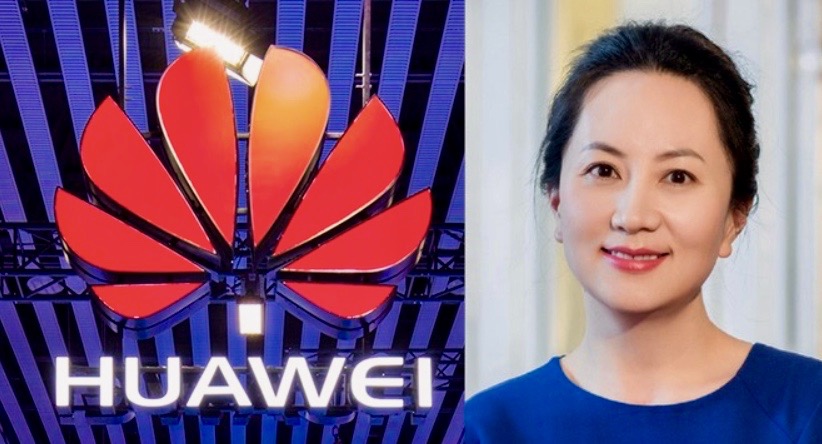| Meng Wanzhou, Huawei’s finance chief, is under house arrest in Vancouver. The US is trying to extradite her over fraud allegations related to sanctions against Iran © Bloomberg It is clear that the US government has made a strategic decision to go after Huawei, the Chinese telecoms equipment maker. What is not clear is whether there is a coherent strategy behind this decision.
Is the goal to reform and improve Huawei? Or to destroy it? And is it part of a coherent American strategy to manage the rise of China? The rest of the world has already decided that this cannot be stopped, barring a catastrophic breakdown of internal legitimacy (which is unlikely).
If the aim is merely to rein in Huawei, then US moves against it may attract international support. If, for example, Huawei, had violated US law in exporting a sample from a company called Akhan Semiconductor, it deserves to face the full penalties available to American prosecutors.
At the same time, Huawei may also be willing to adapt to the best practices and norms governing global multinational corporations. Indeed, it has already gone further than any other Chinese corporation in adapting to western norms, employing leading western consultancies and accountants to shape its corporate governance. Huawei insists it is not a state-owned enterprise but is fully owned by its employees, with profits going to the employee-shareholders.
The US is right to highlight a specific security concern about Chinese government control or manipulation of Huawei 5G switching systems. However, there are practical ways of dealing with this. That has been recognized by Germany’s economy minister, Peter Altmaier, who declared that Huawei would not be banned from bidding for Germany’s 5G network as long as it offered assurances that it would comply with German regulations. British intelligence chiefs have made similar noises. Last week, Jeremy Fleming, director of GCHQ, the UK government’s communications intelligence hub, said that while the “opportunities and threats” posed by Chinese technology had to be acknowledged, a supplier’s country of origin should not be grounds for an automatic ban.
Meanwhile, America’s envoy to the EU, Gordon Sondland, has urged European countries to snub Huawei, lending credence to the suspicion that the US aim is simply to destroy one of China’s most successful global companies.
That attempt will fail.
For Beijing, it would be an enormous loss of face (which is particularly important in an Asian context) to see a great Chinese success story wiped out by an American attack. The Chinese government will fight tooth and nail against it. In the past, the threat of American retaliation would have halted many countries in their tracks. But the world has moved on. The low-cost, technologically advanced 5G networks promised by Huawei offer many developing countries, especially in Asia and Africa, an opportunity to take full advantage of the new digital economy. There is no comparable American system on offer…. Even if the US and its allies in the Five Eyes intelligence network (the UK, Australia, Canada and New Zealand) completely opt out of dealing with Huawei, most countries in the world will adopt 5G networks based on Chinese technology. Any American strategy for managing Huawei should also be consistent with the country’s wider strategy for dealing with the rise of China. Undoubtedly, anti-China sentiment has spiked in Washington…. China is already well on its way towards becoming number one, so any unilateral US campaign against Beijing (and Chinese companies) will fail.…
The writer, a professor at the National University of Singapore, is author of ‘Has the West Lost It?’ He is the founding dean of the Lee Kuan Yew School of Public Policy and the author of the seminal book ‘Can Asians Think?’ As a Singapore diplomat, Prof Mahbubani represented his country twice on the UN Security Council. This opinion essay appeared recently in the Financial Times of London, one of the world’s great newspapers, and is excerpted to a length consistent with international fair-use public domain practices. |

One Reply to “US-CHINA RELATIONS: TRUMP POLICY IS HUAWEI OFF …”